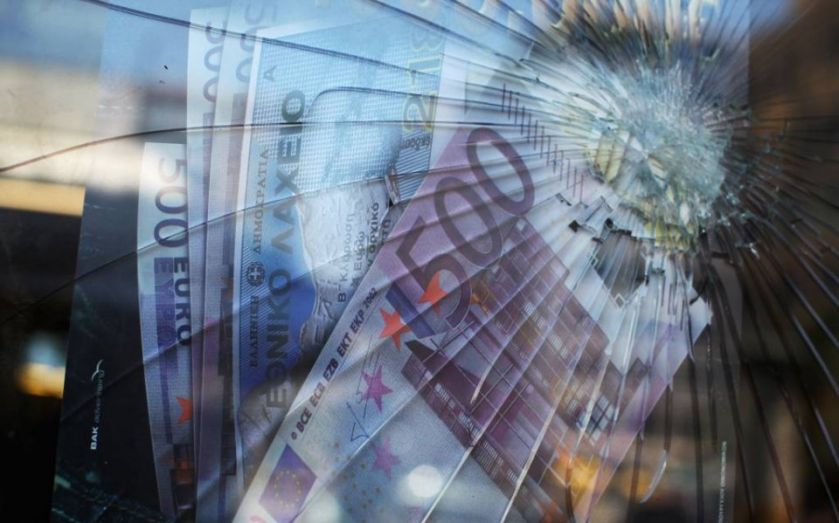Tumbling prices see Greece lead Eurozone into deeper deflation

Deflation deepened to its most severe rate since 2009 across the euro area in January, with Greece recording the sharpest fall in prices.
Annual inflation came in at minus 0.6 per cent across the bloc, according to figures published yesterday, down from 0.2 per cent in December.
The rate has been dragged down by lower global oil costs; while such effects tend to be positive for economic growth, the wider picture of falling prices is viewed as symptomatic of the Eurozone’s weak levels of demand. Many economists fear the euro area could fall into – or already be suffering from – a deflationary spiral.
Ignoring the effects of energy, food, alcohol and tobacco, the so-called core inflation rate was down from 0.7 per cent to 0.6 per cent.
The steepest drop in prices was recorded in Greece, with an inflation rate of minus 2.8 per cent. Spain’s rate was also severe, with year-on-year price drops of 1.5 per cent. Across the EU as a whole, only five states printed positive rates of inflation in January, of which the UK was one. The others were Malta, Sweden, Austria, and Romania.
Economist Howard Archer of IHS Global Insight said yesterday that he expects Eurozone deflation to persist until the autumn.